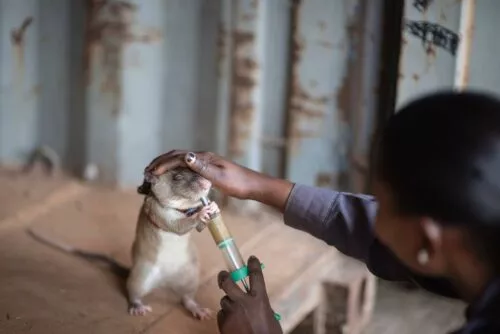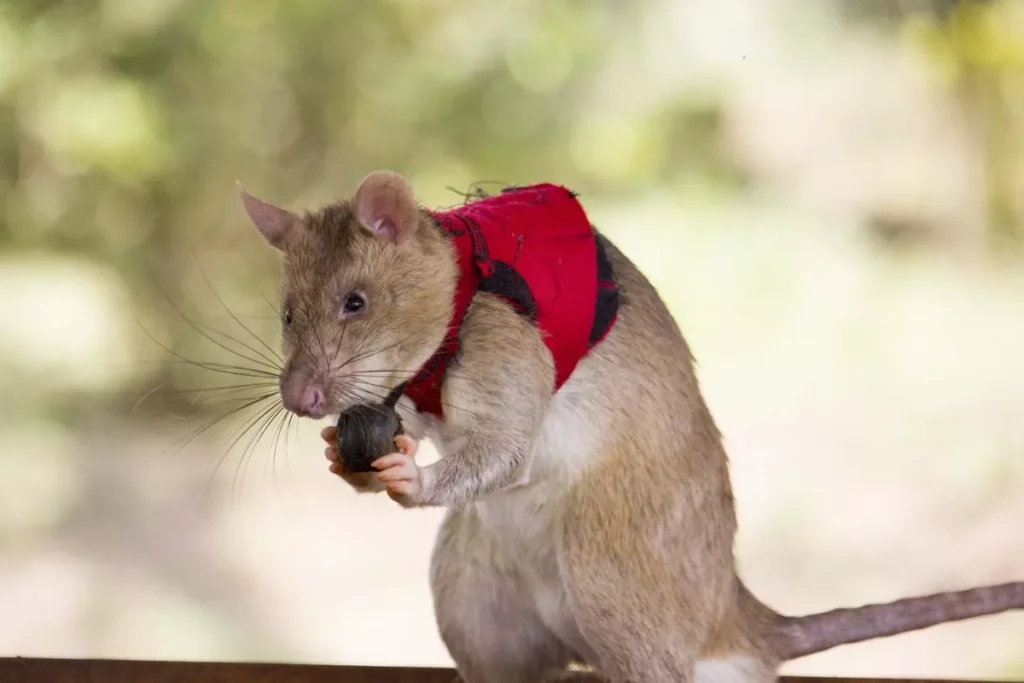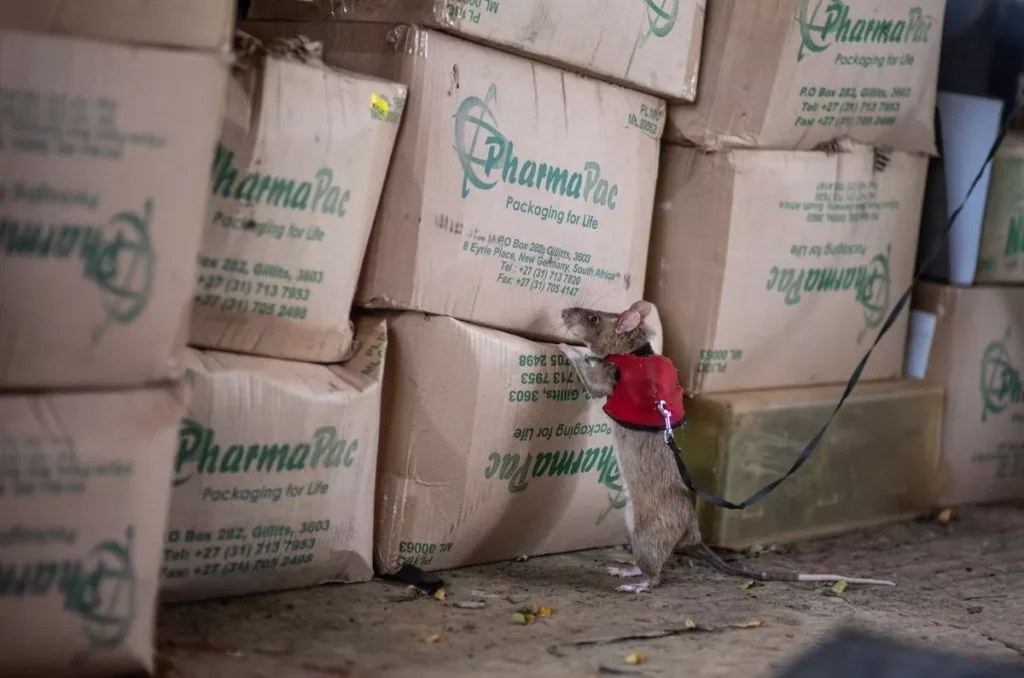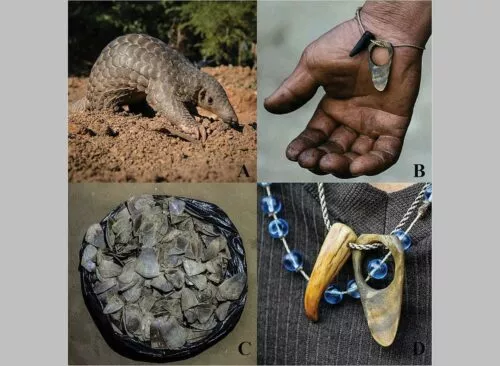Rats Trained to Detect Smuggled Wildlife Products in Tanzania
In Tanzania, scientists are training rats to help detect illegal wildlife products being smuggled out of the country. These trained rats have learned to recognize the distinct smells of wildlife items and alert their handlers when they find them. Although still in the testing phase, this method shows promise in protecting endangered species.

Combating illegal wildlife trade is difficult. Smugglers often hide their products in creative ways, such as painting elephant tusks black, disguising pangolin scales as candy, or concealing items in false-bottomed boxes. To further complicate matters, smugglers sometimes cover up the strong smells of these items with other potent odors like coffee. Many of the countries where these products originate are also impoverished, making it hard to allocate resources for law enforcement.
APOPO, an organization focused on innovative solutions, believes African giant pouched rats might be part of the answer.
The Role of African Giant Pouched Rats
African giant pouched rats are the largest rats in the world, growing up to three feet (one meter) long, including their tails, and weighing about three pounds (1.4 kilograms). Their name comes from the special pouches in their cheeks where they store food. These rats are highly intelligent and possess an exceptional sense of smell. In the past, they’ve been used to detect land mines, sniff out diseases, and even help locate people following earthquakes.
The rats are trained with food rewards. They begin by learning to stick their noses into a hole, then progress to identifying specific smells. Finally, they are taught to ignore scents that might be used to mask the target odors, such as coffee.
Training Process and Testing
When the rats are working, they wear special vests. If the rat detects a target smell, it pulls a small ball on its vest, triggering a beeping sound to alert its handler.

In a recent study, eight rats were successfully trained to identify four target smells: elephant tusks, rhino horns, pangolin scales, and African blackwood (a tree used in making musical instruments). The rats learned to distinguish these smells from 146 other odors they were taught to ignore. Even after months, they were able to recall the target smells.
Last year, the rats were tested at the busy Dar es Salaam seaport in Tanzania, where scientists had hidden illegal wildlife products in shipping containers. The rats were able to detect over 83% of the hidden items, even when other smells were deliberately used to cover up the target scents.

A Complement to Dogs in Wildlife Protection
Currently, dogs are commonly used to search for illegal wildlife products. While dogs excel in open areas with a lot of ground to cover, rats could be an invaluable tool in places where dogs can’t reach, like inside tight spaces within shipping containers. Although rats won’t replace dogs, they could significantly enhance efforts in the fight against illegal wildlife trade.
The findings suggest that these clever, vest-wearing rats could become an essential part of wildlife protection efforts, helping to detect and stop the illegal trade of endangered species.
